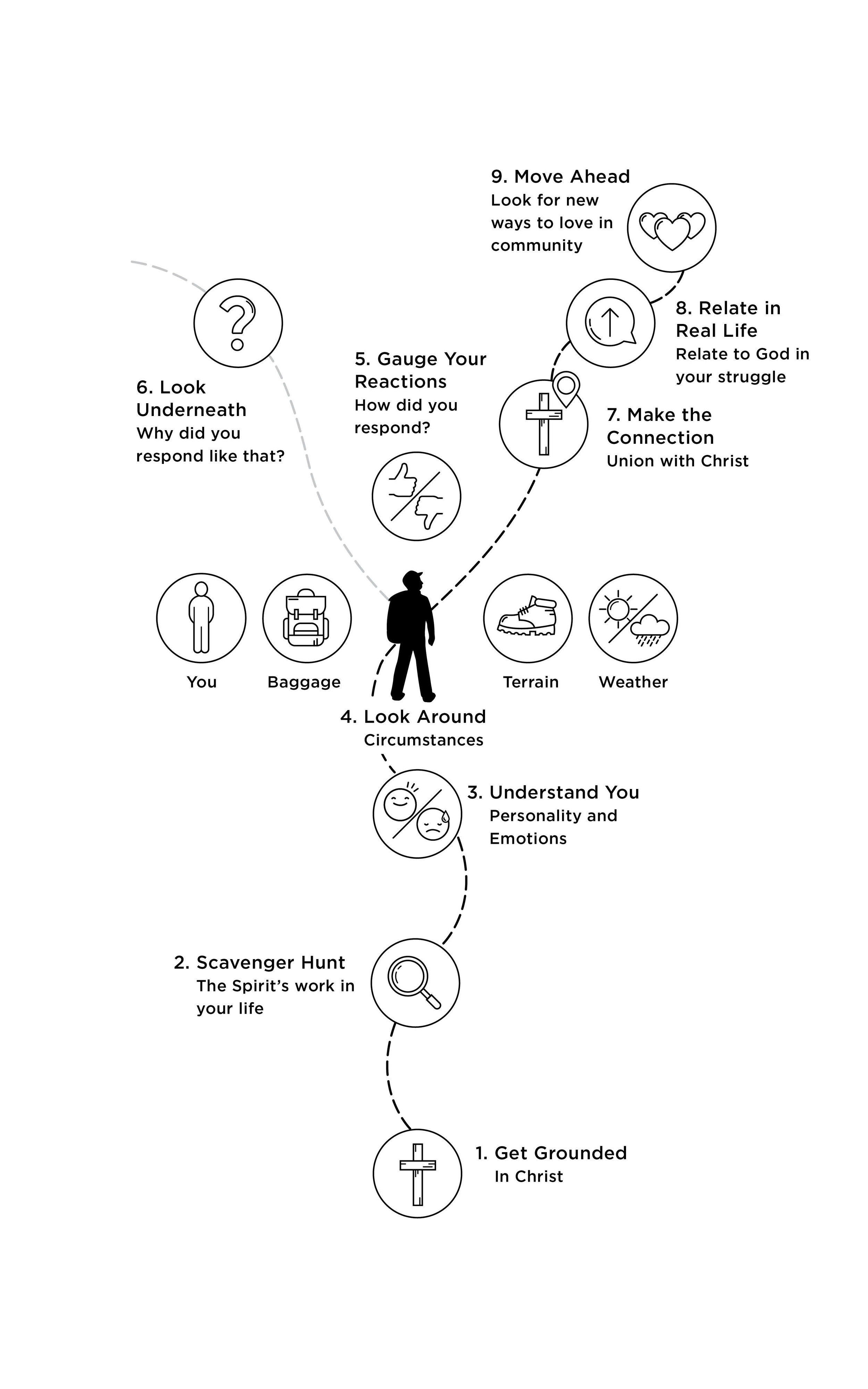The Accidental Counselor
/Pastor Tim: The Accidental Counselor
Imagine that it is Sunday morning and you have just finished preaching a sermon. You have spent countless hours preparing all week to teach for 30-40 minutes. As you stand at the back of the church and greet people, someone approaches you and thanks you for your teaching. You thank them for saying so and you move on to the next person. The only problem is that the person who just thanked you isn’t moving. They say something like this:
What you taught today was very helpful for me. But I still have so many questions. Can we get together sometime this week so we can talk further?
At that point, you begin to panic on the inside. You are a bit baffled that the sermon did not answer all of the person’s questions but you agree to meet with them. As the meeting draws near, you begin to get a little nervous. You wonder what questions will be asked and you struggle to know what you will say if you don’t have good answers to their questions.
And then the appointed time to meet arrives. In walks your congregant and out come the questions.
Pastor Tim, I really enjoyed your sermon on worry this past Sunday! Thank you for your preparation and careful exegesis. Your sermon caused me to think more carefully about my lifelong struggle with anxiety. Over the past several months, my struggle has intensified and I don’t know what to do. I have recently started having panic attacks and find myself getting very agitated when I am around large groups of people. I have even started avoiding events where I know there will be a large crowd. I wonder if you can help me?
With the questions now on the table, you begin to emphasize your three points from your sermon hoping that a reminder will do the trick. It doesn’t! Your friendly congregant has actually taken notes and can almost preach your sermon for you! They start probing for more detail. I know your points from your sermon but can you help me more with my struggle with anxiety? The issue could be a number of other struggles: depression, anger, addiction, marriage, parenting, being single or single again.
Deer In Headlights
With that one question, you feel like a deer in headlights. You don’t know what to do. You maintain a calm exterior while inside you are struggling with your own anxiety. Once again, you recite the passage you preached hoping that will make things better. Once again, your congregant cuts you off in mid sentence to let you know that they remember the passage but it still seems too difficult to apply to the specifics of their struggle with worry.
Why I Wrote Unstuck: A Nine Step Journey to Change that Lasts
The illustration above was repeated many times in my own life as a pastor. I would preach a sermon that was relatively helpful for someone and they would approach me asking for more guidance. Like you, I would get nervous because I did not know what else to do. This is precisely why I wrote Unstuck: A Nine Step Journey to Change that Lasts. I wanted to provide a pathway for the pastor or a friend to walk down with the person who is struggling.
Hope and Direction
In the book, there are 9 steps that are essential for change to take place in your life. The 9 steps take you on a journey towards greater Self-Awareness, Gospel-Awareness and Other-Awareness. Each chapter ends with a practical application. Here you can see the diagram that illustrates the path to change.
Step One—Get Grounded: In Christ
Whenever you are struggling with a temptation or some experience of suffering, the tendency is to make the struggle your fundamental identity. For example; My name is Dave and I am a divorced person. Or, My name is Olivia and I am a depressed or anxious person. If that is your starting point, it will lead to a distorted identity and impact your ability to move forward due to the guilt and shame associated with those issues. Instead, Dave and Olivia are both children of the living God, in Christ, forgiven, loved, empowered by the Spirit, a new creation in Christ…..who struggle with anxiety or have been through the challenging experience of divorce.
Grounding your identity in Christ is the first step on the journey to change. It has been true in my own life and in the lives of those I counsel. As you reflect on this first step along the pathway to change, take a moment to give thanks that your mis-steps, sins, weaknesses, and sufferings do not define who you are, the risen Christ does!







